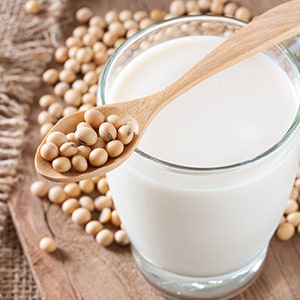Whether you’re looking to lose weight, curb your sugar intake, eat organic, non-GMO foods, or you’re simply health-conscious, food labels and Nutrition Facts are information resources that can help you make healthy, informed decisions about your diet. In July 2018, the U.S. Food and Drug Administration (FDA), the governing body that provides nutritional analysis for the public, required food manufacturers to use an updated Nutrition Facts label for the first time since 1990. While the new labels will look similar, they include important changes that we’ll explain here. What Is […]







